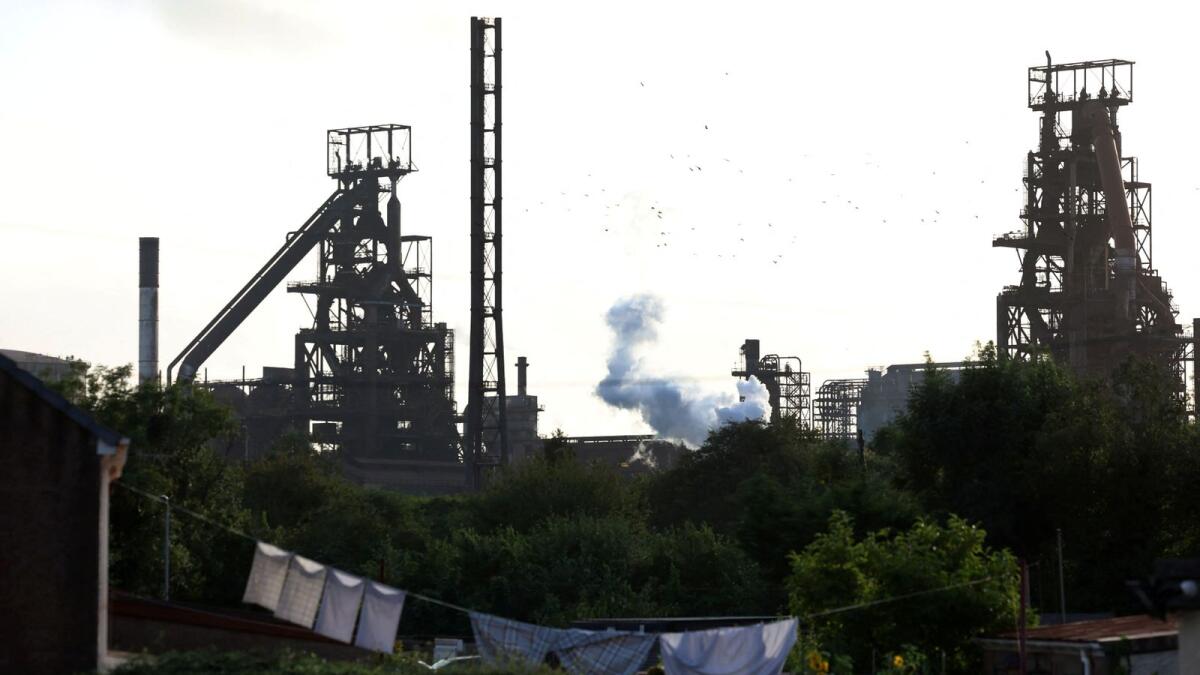The closure of the final blast furnace at Britain’s biggest steelworks in Port Talbot is a significant event that marks the end of over 100 years of steelmaking, leading to the loss of nearly 3,000 jobs. The decline of the steel industry in Britain has been ongoing for decades due to the challenges of competing with low-cost imports. India-owned Tata Steel, which operates the site, had been experiencing significant financial losses before deciding to shut down its facilities.
To address the closure of the blast furnace at Port Talbot, Tata Steel has planned a three to four year-long decarbonisation project to build an electric arc furnace that will produce steel from scrap. This ambitious project is estimated to cost 1.25 billion pounds, with 500 million pounds of funding from the British government. The transition to electric steelmaking is part of Britain’s efforts to achieve net zero emissions, which is reshaping the country’s industrial landscape.
In addition to the closure of the blast furnace in Port Talbot, Britain’s last coal-fired power production plant is also set to shut down, signaling the end of over 140 years of coal power in the country. These events reflect the changing energy and industrial dynamics in the UK as it moves towards cleaner and more sustainable practices. The closure of the final blast furnace has been described by the steelworkers’ union as “the end of an era” and a sad day for the industry.
While the closure of the blast furnace at Port Talbot marks a significant shift, another steel company, British Steel, owned by Chinese investors, continues to operate two blast furnaces in Scunthorpe. However, discussions are underway with the government to explore transitioning to cleaner manufacturing processes. The government has expressed its commitment to investing 2.5 billion pounds in the steel industry and will unveil a strategy to boost the sector in the coming months.
The switch to electric steelmaking at Port Talbot is expected to have a positive impact on Britain’s carbon emissions, with a predicted reduction of 1.5% due to the closure of the coal-fired plant, which is the largest single emitter in the country. As the steel industry undergoes transformation and adapts to changing environmental priorities, there are challenges and opportunities for companies to innovate and embrace sustainable practices. The closure of the blast furnace at Port Talbot may mark the end of an era, but it also signifies the beginning of a new chapter in the history of steelmaking in Britain.





















